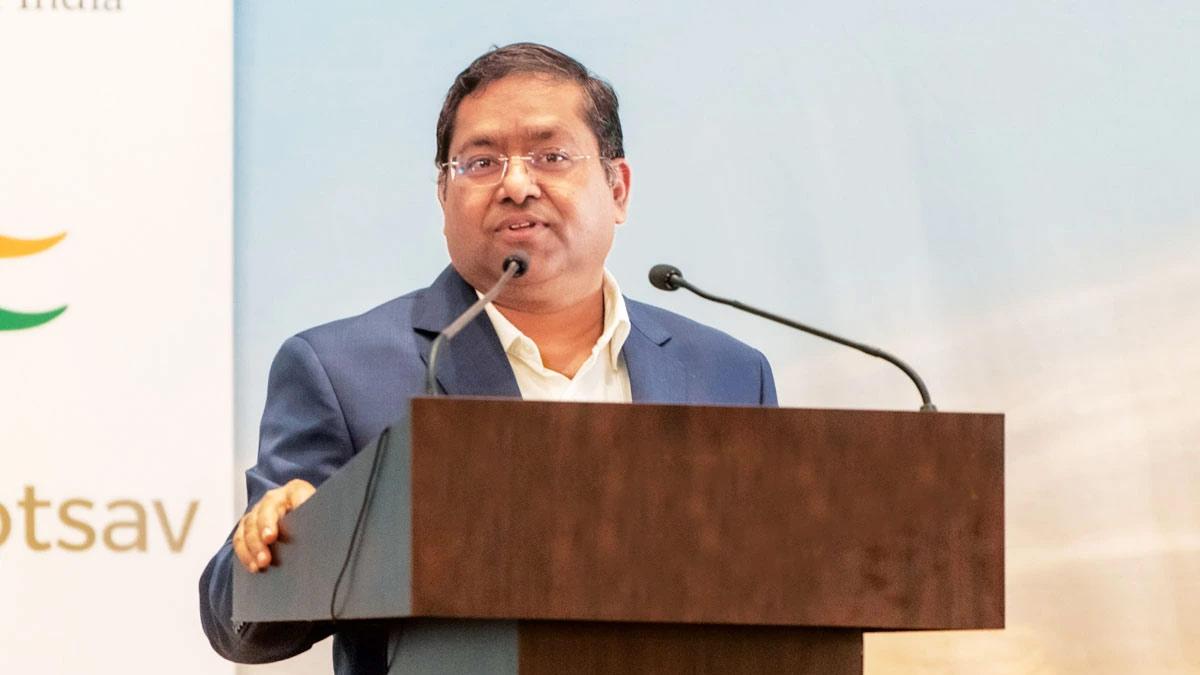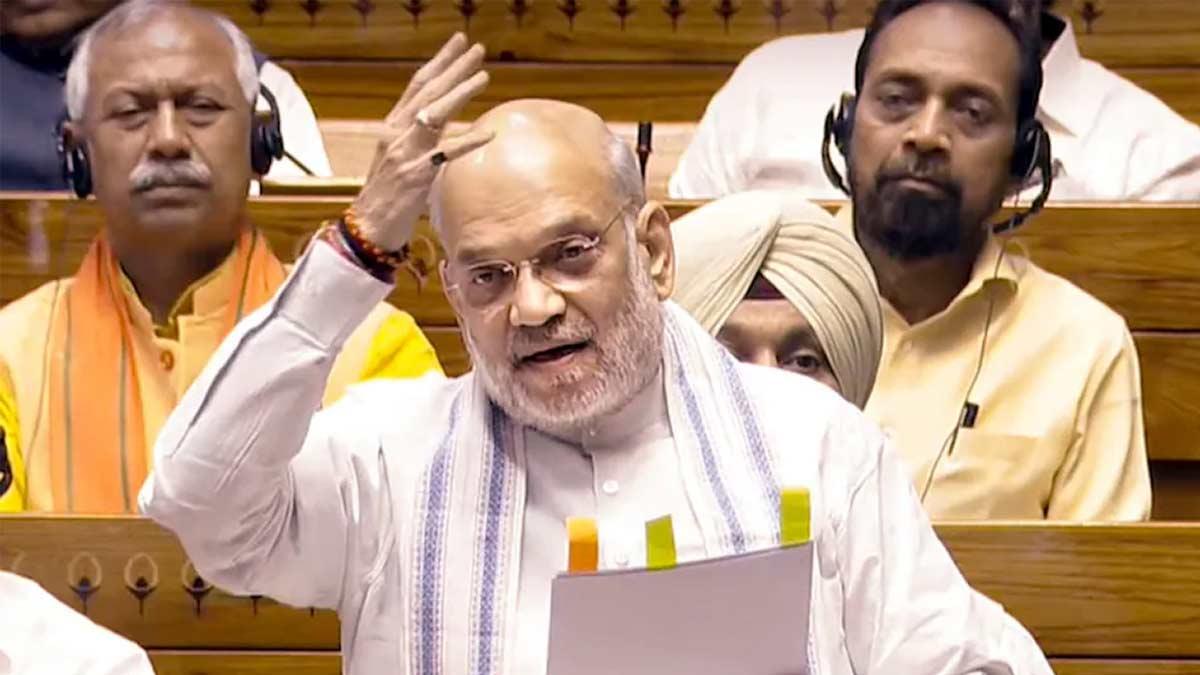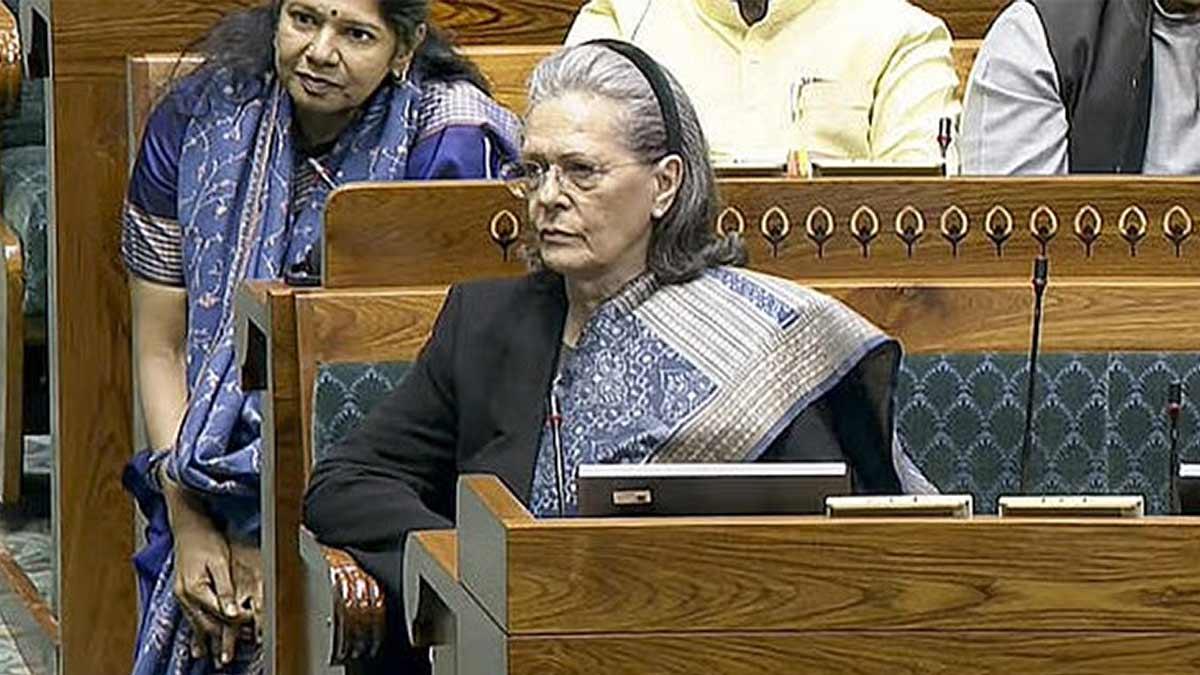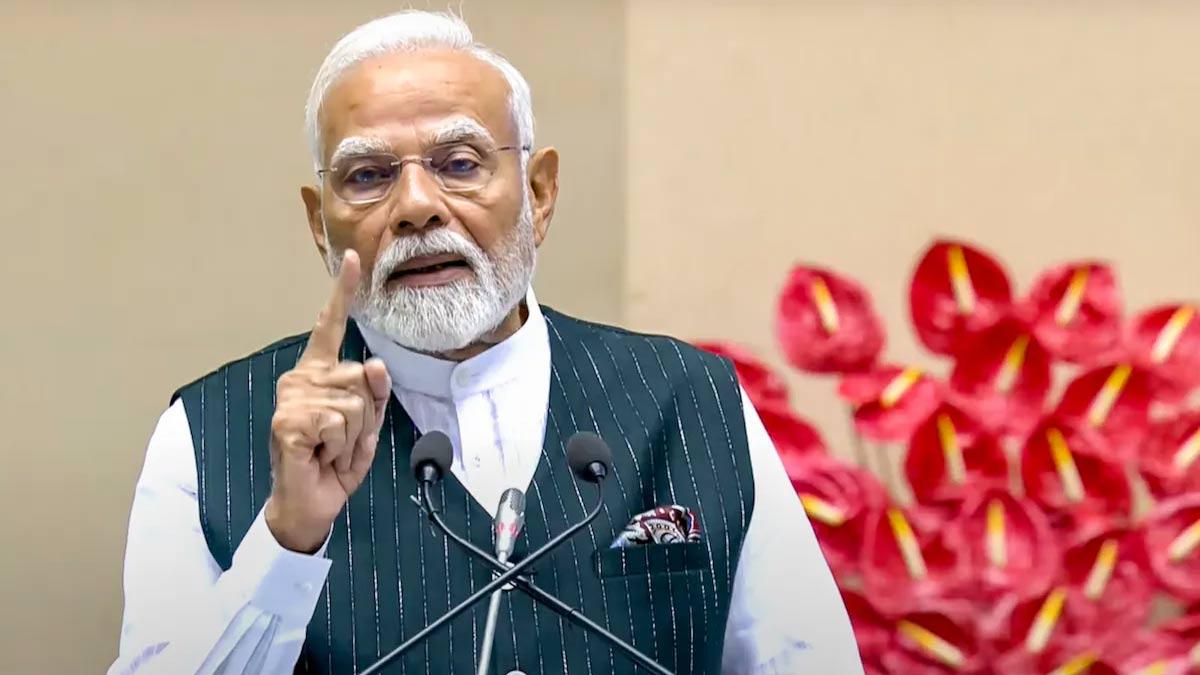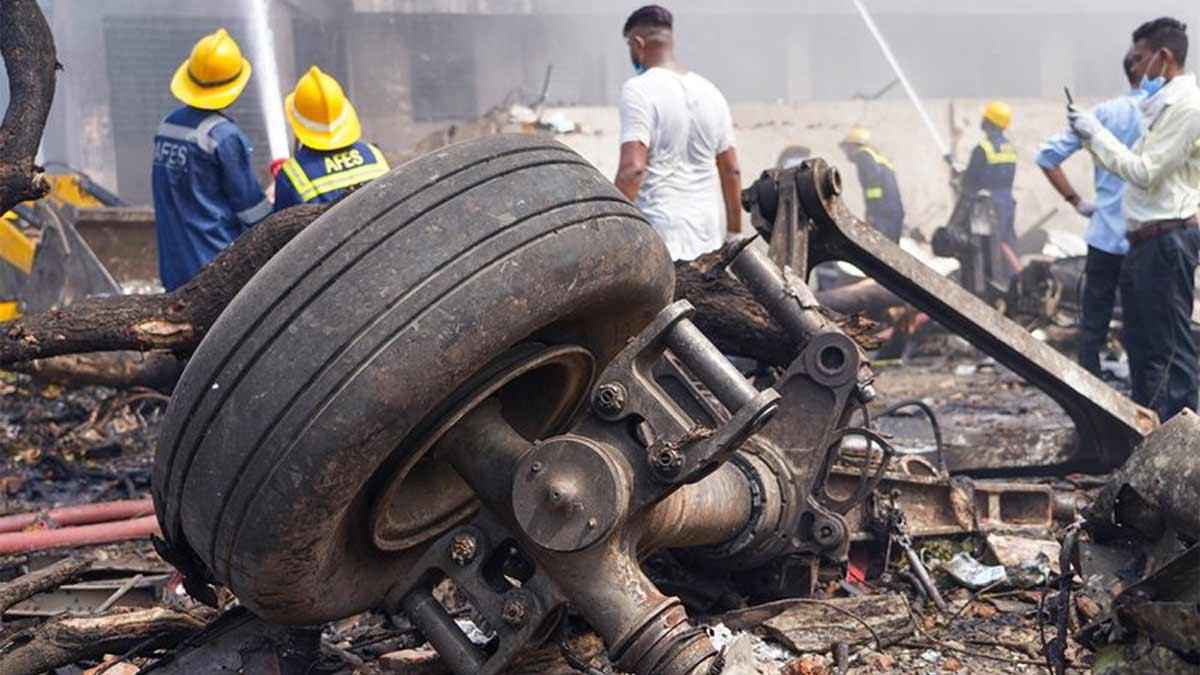India has firmly dismissed the recent comments of the Organisation of Islamic Cooperation (OIC) made at its Council of Foreign Ministers' session in Istanbul as "unwarranted" and "factually incorrect" and stated that the OIC has no jurisdiction to issue comments on India's internal matters, including Jammu and Kashmir.
The Ministry of External Affairs (MEA) had issued a pointed reaction on Monday, condemning the OIC for letting itself be exploited by Pakistan, which India blamed for weaponising terrorism as state policy.
"These remarks, prompted by Pakistan, that has made terrorism a statecraft, are a testament to the ongoing abuse of the OIC platform for political interests of a limited nature," the MEA said.
The 51st Session of the OIC Council of Foreign Ministers, which took place in Istanbul on June 21–22, culminated in the adoption of 147 resolutions and the Istanbul Declaration. India was, however, left deeply disappointed by the organisation for not recognising the imminent danger posed by cross-border terrorism, specifically the recent Pahalgam attack, that has been blamed by New Delhi on Pakistani-based terrorist groups.
Echoing its stand, the MEA said: "The OIC has no locus standi to pronounce on India's internal affairs, including Jammu & Kashmir, which is an integral part of India according to its Constitution. The organisation has to think twice before letting its agenda be hijacked by Pakistan propaganda or else it will undermine its credibility and relevance."
India also rejected Pakistan's accusation of "unprovoked and unjustified military aggression" by the Indian army, terming them as baseless and hypocritical. The MEA made it clear that Operation Sindoor initiated in response to the Pahalgam massacre was a measured and legal counterterrorism action against terror infrastructure within Pakistan.
It is ridiculous for Pakistan to say that it was only targeting Indian military installations," the statement said, adding that Pakistan's counterattacks put civilians at risk and resulted in deaths and injuries among non-combatants.
India also condemned Pakistan's effort to lecture others on human rights and counter-terror, considering its own "abysmal" record on both. "It is ironic that a nation famous for harboring and giving cradle to terrorism should seek to sermonize on these matters," the MEA stated.
The OIC, with its 57 member states spread over four continents, presents itself as the representative of the Muslim world and seeks to advance peace and protect Islamic interests throughout the world. India, however, has always condemned the organisation for letting itself be used by Pakistan to support anti-India propaganda.
Pre-dating Prime Minister Narendra Modi's visit to Saudi Arabia in the earlier part of the year, India had already warned against Pakistan's perennial efforts to abuse the OIC platform. Foreign Secretary Vikram Misri had then stated, "It is a habit of longstanding, one that we have regularly spoken out against and also raised with our friends and partners in the OIC."
India over the years has also called upon the OIC to refrain from making unilateral and ill-informed statements about India, particularly where those coming from nations not known for their respect for minority rights and religious tolerance. The MEA has continued saying that such references are totally unwarranted and erode the credibility of the OIC.
In spite of these tensions, India has had strong diplomatic, economic, and strategic connections with the Islamic world—especially the Gulf states and Central Asia. These connections have become much stronger during the last decade under the leadership of Prime Minister Modi, with India-OIC country bilateral trade now over $200 billion.
Some foreign policy analysts observe that India's engagement with Muslim-majority countries has not only strengthened economic ties but also lent strength to its voice in multilateral forums—an endeavor that is still developing despite the difficulties provided by politicised forums such as the OIC.
Read also| PM Modi Explains Turning Down Trump’s Invitation to Visit the US
Read also| Sonia Gandhi Criticizes Centre for "Surrender of Values" Amid Iran-Israel Conflict

